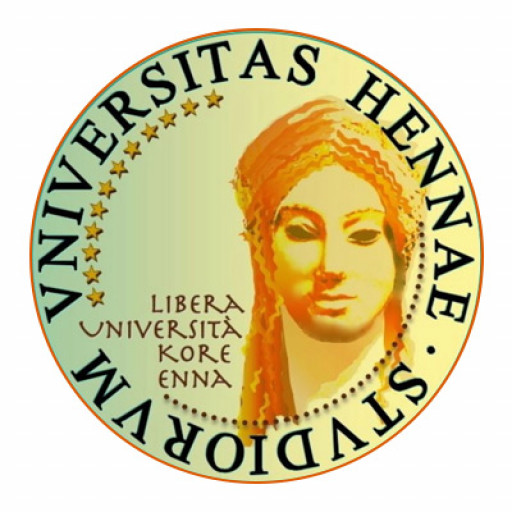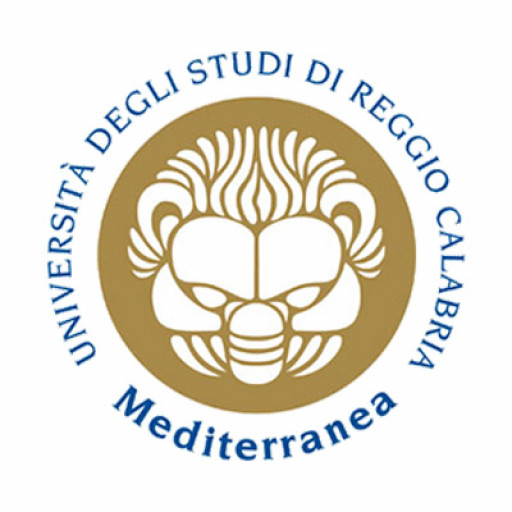Photos of university / #hogeschoolutrecht
The Built Environment program at HU University of Applied Sciences Utrecht offers a comprehensive and practical education designed to prepare students for the dynamic and multidisciplinary field of urban planning, construction, and infrastructure development. This program combines theoretical knowledge with hands-on experience, equipping students with the skills necessary to shape sustainable, functional, and aesthetically pleasing environments. Throughout the program, students engage with a wide range of topics including architecture, civil engineering, urban planning, environmental sustainability, and project management. Emphasis is placed on innovative design solutions, digital modeling techniques, and sustainable construction practices, aligning with the evolving demands of the built environment sector. The curriculum includes coursework, practical assignments, and collaboration with industry partners, providing students with real-world experience and professional networks. Students learn to analyze complex spatial challenges, develop feasible solutions, and implement projects in urban and rural contexts. Various modules cover areas such as building technology, materials, construction processes, and governance, ensuring graduates are well-versed in technical, legal, and social aspects of the field. The program also focuses on developing critical thinking, teamwork, and communication skills essential for successful careers. With access to modern labs, design studios, and extensive industry connections, students gain valuable insights and opportunities to innovate in sustainable urban development. Graduates of this program are prepared for careers in architecture firms, construction companies, municipal planning departments, consulting agencies, and other organizations involved in shaping the built environment. They emerge as professionals capable of contributing to resilient, sustainable, and smart urban spaces, ready to meet the challenges of modern society. The Built Environment program at HU University of Applied Sciences Utrecht is committed to fostering creativity, technical expertise, and responsible design to ensure students can make a positive impact on the world around them.
The Built Environment program at HU University of Applied Sciences Utrecht offers a comprehensive and practical education designed to prepare students for a dynamic career in shaping sustainable and functional living and working environments. This interdisciplinary program focuses on the planning, design, construction, and management of physical spaces, integrating technical knowledge with social and environmental considerations. Throughout the program, students gain in-depth understanding of architecture, urban planning, construction technology, and environmental sustainability, enabling them to address complex challenges in the built environment sector.
The curriculum combines theoretical coursework with hands-on projects, workshops, and internships, fostering a strong connection between academic knowledge and real-world application. Students learn to analyze and develop viable solutions for issues such as urbanization, climate change, and resource efficiency. The program emphasizes sustainable development, encouraging students to innovate and implement environmentally responsible practices in their designs and planning processes. Emphasis is also placed on collaboration, communication, and multidisciplinary teamwork, which are essential skills for success in the built environment industry.
Students have access to state-of-the-art laboratories, design studios, and digital modeling tools, enabling them to develop their technical skills and creativity. They engage in projects that range from designing individual buildings to planning entire neighborhoods and urban areas. The program also offers specializations, allowing students to focus on areas such as urban design, construction management, or architecture.
Graduates of the Built Environment program are well-equipped to work in diverse roles including urban planner, architect, construction manager, sustainability consultant, or project manager. They are prepared to contribute to innovative and responsible development of physical spaces that meet societal needs and promote environmental resilience. With a strong international orientation, the program also prepares students for global careers in the built environment sector, emphasizing cultural sensitivity and sustainable practices across different contexts.
Overall, the Built Environment program at HU Utrecht combines academic excellence, professional preparation, and a commitment to sustainability, making it an ideal choice for students passionate about creating a better, more sustainable world through thoughtful design and planning.
Other requirements
The financing of the Built Environment degree programme at HU University of Applied Sciences Utrecht primarily involves several funding options available to both Dutch and international students. For Dutch students, funding sources typically include government grants and student loan schemes. The Dutch government provides financial assistance through the Dienst Uitvoering Onderwijs (DUO), which offers student loans and tuition fee reimbursements, making higher education more accessible. These loans are repayment-based and come with specific conditions regarding eligibility and repayment terms. Additionally, students may qualify for scholarships or grants offered by the university or external organizations, aimed at supporting students with financial needs or outstanding academic achievements.
International students participating in the Built Environment programme can explore various options for financing their studies. Although direct government loans are generally not available for non-EU students, many external organizations, foundations, and international scholarship programs provide financial aid, scholarships, or grants specifically targeted at international students studying in the Netherlands. HU Utrecht itself offers a limited number of scholarships, which are awarded based on academic merit, financial need, or specific criteria related to the student's country of origin or field of study. These scholarships can significantly reduce the financial burden and enable students to focus on their academic progress.
Moreover, students are encouraged to seek funding through private sources such as bank loans or sponsorships from employers, especially for those attending part-time or professional development courses related to the Built Environment. The university also provides information sessions and guidance on financial planning, helping students to understand their options and apply for relevant financial aid packages.
Work-study arrangements can also play a role in financing studies; students are often permitted to work part-time during their studies within regulated limits, providing additional income to support living expenses. The city of Utrecht offers numerous part-time job opportunities in architecture firms, construction companies, and urban planning agencies, which are relevant to students pursuing the Built Environment programme.
In conclusion, financing the Built Environment degree study at HU Utrecht involves a combination of government-supported loans and grants for Dutch students, scholarships for outstanding or international students, private funding options, and part-time work opportunities. The university offers comprehensive support and guidance to help students identify and secure appropriate funding sources to complete their studies successfully.
Constructing a detailed description of the Built Environment program at HU University of Applied Sciences Utrecht involves highlighting its key components, goals, and educational structure. The program is designed to prepare students for a variety of roles within the construction and infrastructure sector, focusing on sustainable development, innovative building techniques, and urban planning. The curriculum emphasizes practical skills, project-based learning, and collaboration with industry partners to ensure graduates are well-equipped to meet current and future demands of the built environment industry.
Students in the Built Environment program gain comprehensive knowledge about building technology, design, project management, and environmental sustainability. The program often incorporates fieldwork, workshops, and internships to provide hands-on experience. Courses cover topics such as construction principles, material sciences, structural engineering, construction management, BIM (Building Information Modeling), and urban development. The education aims to foster a holistic understanding of how buildings and urban areas are planned, constructed, and maintained, with a focus on enhancing quality of life and environmental impact.
The program typically offers specializations or tracks, allowing students to focus on areas such as sustainable building, infrastructure development, or urban renewal. It promotes interdisciplinary collaboration, encouraging students to work with peers from related fields like architecture, civil engineering, and landscape architecture. This multidisciplinary approach reflects real-world project teams and prepares students for effective teamwork and communication in their future careers.
Graduates from the Built Environment program can pursue careers in construction companies, consultancy agencies, government agencies, and urban development organizations. They are equipped to work in roles such as project managers, construction coordinators, urban planners, or sustainable building consultants. The program’s emphasis on innovation and sustainability aligns with industry trends and governmental initiatives aimed at creating resilient, energy-efficient, and sustainable built environments.
The faculty at HU University of Applied Sciences Utrecht supporting the program comprises experienced professionals and researchers dedicated to integrating theory with practice. The university fosters a learning environment that encourages critical thinking, creativity, and entrepreneurial spirit among students. Overall, the Built Environment program at HU prepares graduates to contribute proactively to the construction sector and to address global challenges related to urbanization and environmental sustainability effectively.










